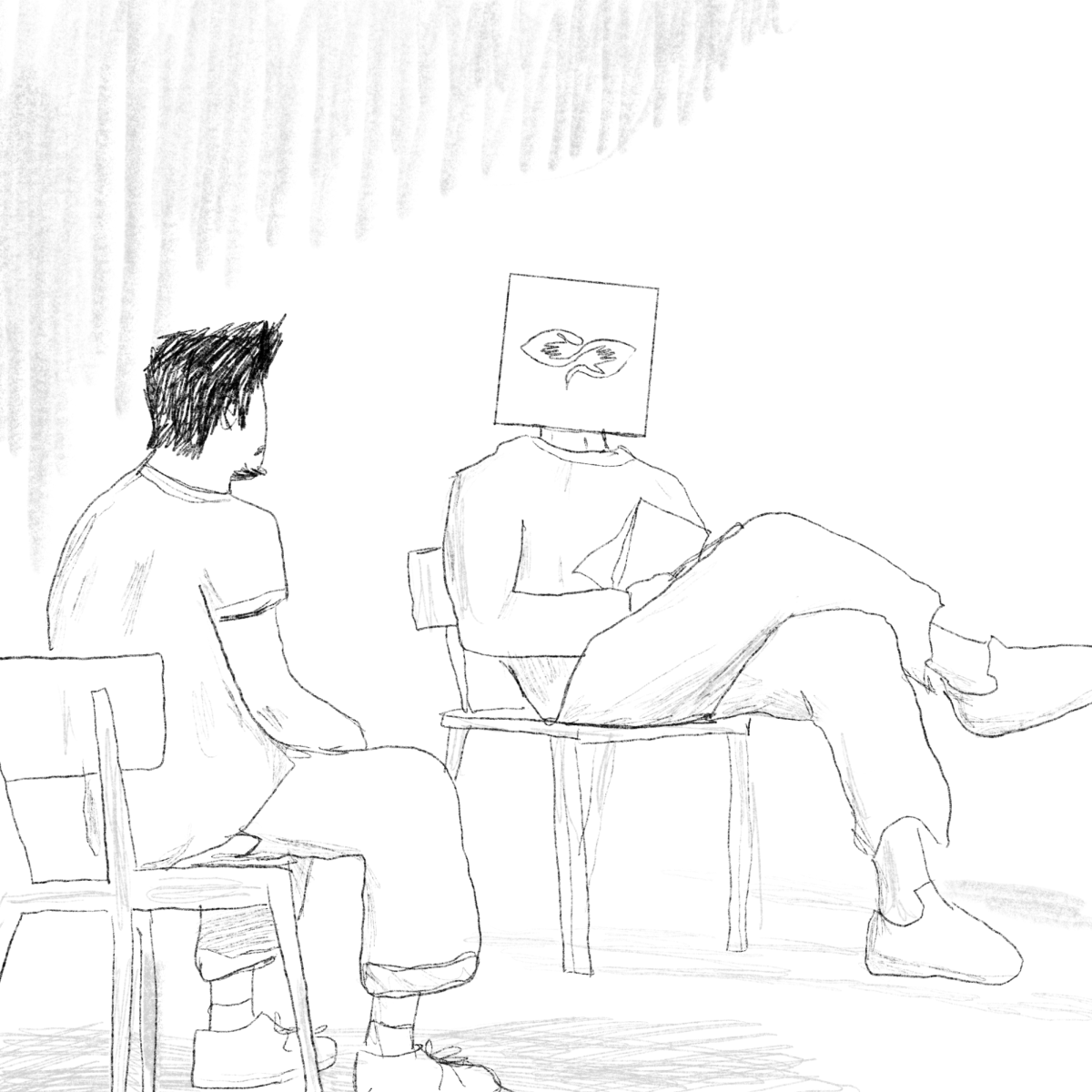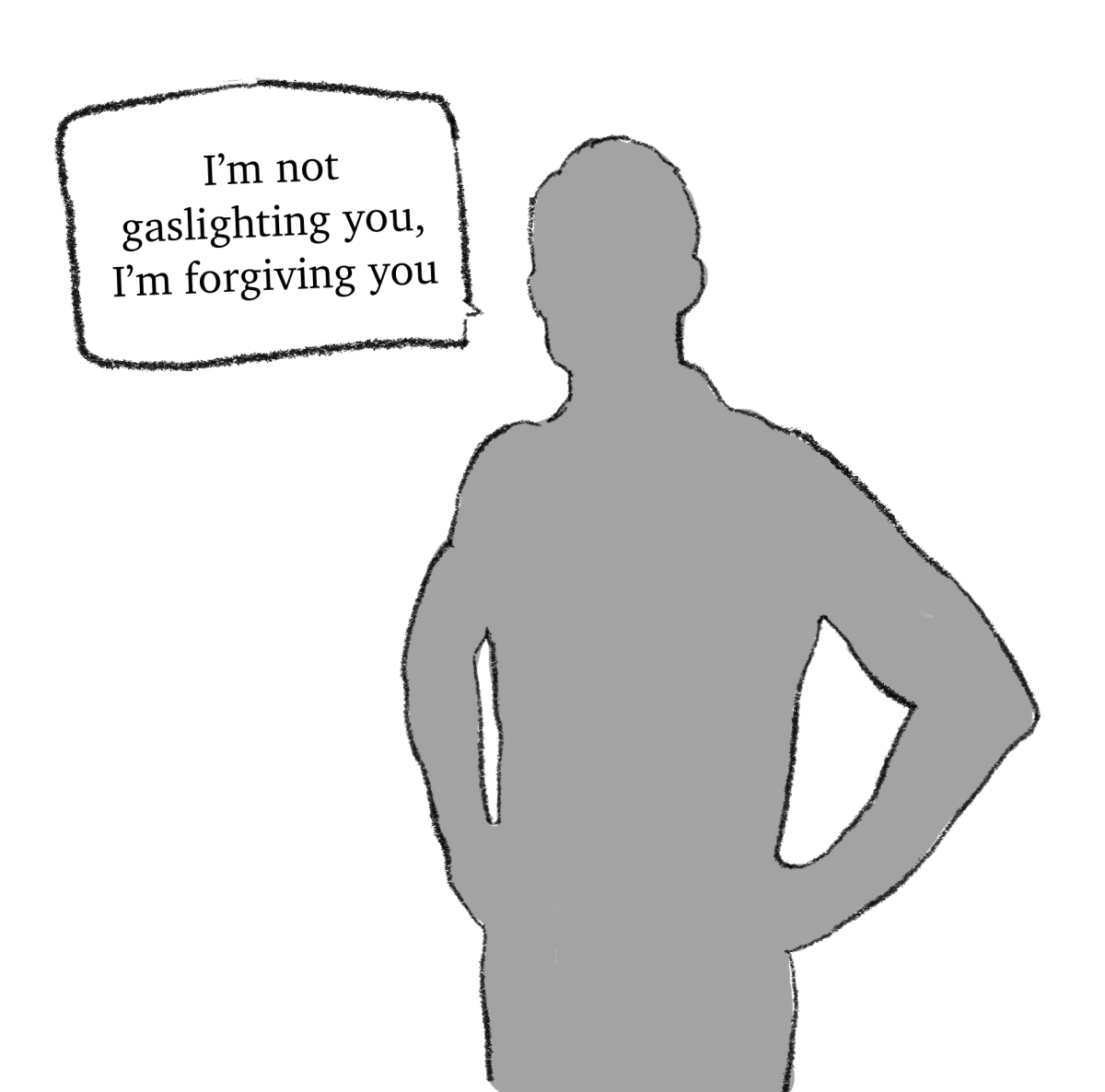Despite what many people, especially college students working on assignments at the last minute may try to convince themselves, sleep is not something that can be put off and saved for a later time. A consistent sleep schedule can be the difference between an energetic, exciting day and a lousy one that just keeps dragging on.
This Friday, Oct. 5, Counseling Services will hold a sleep school, a cognitive behavioral program for insomnia that looks at negative thoughts that get in the way of sleeping.
Sophomore Leia Unger thinks college students may experience trouble with good sleep habits because of distractions.
“There’s always so much work that we have to do, whether it’s with school or extracurricular activities, and it’s hard to give yourself enough time to get everything done sometimes,” Unger said. “College is also different in that your friends are always around and you’re basically living with them 24/7.”
According to Kristin Eisenhauer, the psychologist with Counseling Services running the sleep school program, insomnia is not a big problem on campus; rather, poor time management is often the cause for interference with healthy sleeping patterns.
“I did this program last year, and last year we had six students and a dozen faculty and staff. To be quite honest, a lot of the problems that college students have with sleep are due to poor time management where they’re not sleeping because they haven’t allotted time to sleep, so the incidence of a true insomniac isn’t that great on campus,” Eisenhauer said.
For many students, college is the first time they are living on their own and having to share a room with someone.
“One thing that I realized since I’ve been out of high school is that I don’t have anyone to help me regulate my sleep schedule. One way that helps me get to sleep is blinders and putting in iPod headphones − that helps me fall asleep even if my roommate is still up with the lights on doing homework,” said sophomore Stephen Sedia.
In addition to afffecting affecting academics, poor sleep habits can also affect students’ social lives.
“When you’re not sleeping well, it’s really going to affect your concentration in class, your motivation to do your work and it can really affect your mood,” Eisenhauer said. “People can get mad and irritable and cranky when they haven’t slept well, so that can actually start to break down social relationships because people aren’t going to want to be around you when you’re moody like that.”
Eisenhauer explained that, as difficult as it may be, people should make a real effort to construct a regular sleep schedule for every day of the week and stick with it. Sleeping in on the weekends will not really help recover those hours of sleep that were lost during the week, and going to bed earlier than normal will usually do no good either because the body’s internal clock has not adjusted to accommodate that.
“People should be falling asleep at the same time and waking up at the same time, even on the weekends. When you are keeping it pretty consistent during the week and then you stay up all night and sleep in really late on the weekends, you’re essentially giving yourself jetlag without ever having taken a flight,” Eisenhauer said. “Be assertive with your roommate about your sleep needs, which I know can be hard for people to do, but you have to be assertive about the light, the noise, etc.”
Eisenhauer also explained that there is a huge misconception on the effectiveness of coffee, soda and other caffeinated beverages in increasing alertness upon consumption. Depending on the time of day they are consumed, they may in fact have negative consequences on a person’s sleep. Naps, although refreshing, can also be bad for productivity.
“Caffeine has a pretty slow onset, so the whole concept of popping in a cup of coffee and not being tired anymore is largely a placebo effect. I say no caffeine after lunchtime, especially not after dinner. Napping is also a big thing. Students should not be napping any more than 45 minutes and not after 4 p.m., otherwise they will just be groggy, and it will be harder to fall asleep at night,” Eisenhauer said.
Eisenhauer recommends different methods to get the body refocused and rejuvenated.
“If you feel groggy in the morning and want to get going, get out into the sunlight. Sunlight will shut off your melatonin and signal your body temperature to rise, Eisenhauer said. “Exercise is good for relieving stress, and exercise is also good for better sleep, which makes it kind of like a double bonus.”
Eisenhauer advises students to separate their rooms from studying so that the body will recognize it as a place for rest, making it easier to fall asleep.
“Don’t pair frustration with bed, and don’t study in bed. What happens when you study in bed − it’s like classical conditioning − you’re pairing something that’s stressful with a place that’s supposed to be relaxing. All of a sudden, your bed becomes a stimulus for stress and anxiety,” Eisenhauer said. “If possible, don’t study in your room. Make your room just for relaxation so that it can be a stronger cue for relaxation.”
Although the deadline for registering for the sleep school has already passed, students can still schedule an appointment with counseling services to work out any sleep problems they may have and can also pick up a pair of earplugs while they are there.








Wishbone Caruthers • Oct 6, 2012 at 6:26 pm
The boy knows what he is reporting about. When he comes home we only have a half a day to play. He sleeps the first half. HaHa